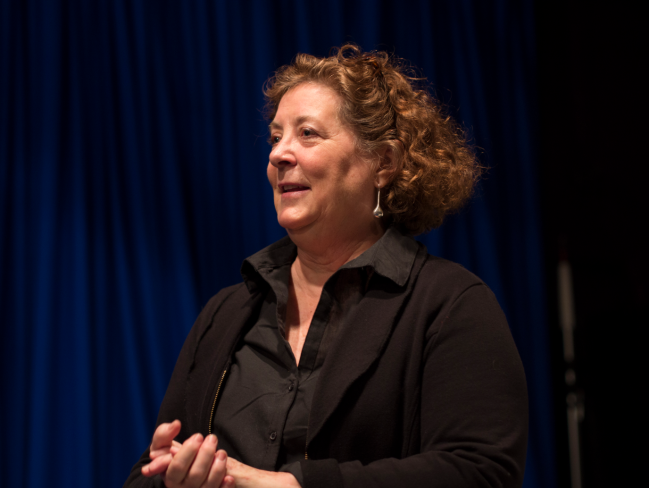Today’s the day Scotland decide their fate, whilst the rest of the world awaits with bated breath. To get you into the Scottish spirit here is my pick of five infamous films set in Scotland:
1) Sweet Sixteen (Dir. Ken Loach, 2002)
Directed by critically acclaimed filmmaker Ken Loach, this award-winning crime drama in which the characters speak mainly in Scottish language (with English subtitles), provides an honest and gritty insight into modern working class life. The film, set in Glasgow, follows Liam (Martin Compston), a 15-year old boy, as he struggles to raise funds by any means necessary, so that he can provide himself and his mother (serving a prison sentence during the film) with a better life upon her release. Shocking, emotionally gripping and at times difficult to watch, this social realist masterpiece should definitely be on your list of essential British films.
2) Gregory’s Girl (Dir. Bill Forsyth, 1981)
This coming of age romantic comedy about unrequited love and secondary school life was Bill Forsyth’s first international hit. The girl in the title is Dorothy (Dee Hepburn), a football enthusiast who has just managed to earn a place on the school football team with the support of one of the players, Gregory (John Gordon Sinclair). Gregory quickly falls in love and works up the courage to ask her on a date, which leads to an amusing turn of events. Filled with quirky, loveable characters, and touching moments that perfectly capture what it is to be a confused teenager in love for the first time, Gregory’s Girl is one cult classic Britain would be sorry to relinquish!
3) Braveheart (Dir. Mel Gibson, 1995)
Ok, I admit, this is a bit obvious, given some of the nationalist sentiments going round at the present time (and also it’s technically not actually a Scottish film, rather a film set in Scotland), but I couldn’t do a blog post about Scottish films on the day that the Scottish are voting for or against independence, without mentioning this epic classic that depicts the First War of Scottish Independence now could I? Mel Gibson, as well as producing and directing, stars as William Wallace, one of Scotland’s most inspiring historical heroes, who leads a rebellion against England, enraged by the barbarism the Scots have been suffering at the hands of King Edward ‘Longshanks’ (Patrick Mcgoohan) and his nobleman, including the public execution of his wife Murron MacClannough (Catherine McCormack). The film won best picture at the Oscars that year, pulled in at the box office, and boosted Scottish tourism and interest in Scottish history, but was panned by many critics and also described as one of the most historically inaccurate films by historians!
4) Local Hero (Dir. Bill Forsyth, 1983)
This is another Forsyth film, but then he is one of Scotland’s greatest exports. Local Hero depicts the story of Mac (Peter Riegert), a representative for the fictional American Knox Oil and Gas, who has been sent to pave the way for the refinery’s purchase of a small Scottish village called Ferness, Mac is gradually won over by the small village, its charming characters and gentle pace of life, and finds his loyalities torn. Many of the villagers however welcome the idea of selling, except beach owner Ben (Fulton Mackay), who Mac endeavours to win over. Skillfully directed by Forsyth (earning him a BAFTA best director award), and also starring the brilliant Peter Capaldi, this film is a gently humorous and whimsical little slice of life in a remote Scottish village.
5) Trainspotting (Dir. Danny Boyle, 1996)
Inspired by the dark side of Scotland, Danny Boyle’s seminal film about heroin and working class life, based on the 1993 Irvine Welsh novel of the same name, is one of Britain’s most famous masterpieces. On it’s release it shocked and awed the world with its fast-paced, violent, tragic and hilarious tale of a group of friends living in Glasgow who are addicted to heroin. Cementing Ewan McGregor, Kelly McDonald and Robert Carlyle as global stars, and with a sequel now rumoured to be in the works (based on Welsh’s Porno), this film is an essential addition to any list of pivotal Scottish and British films, and an absolute must-see.
Emma Burles (Originally published on 20fourframes.co.uk September 2014)






